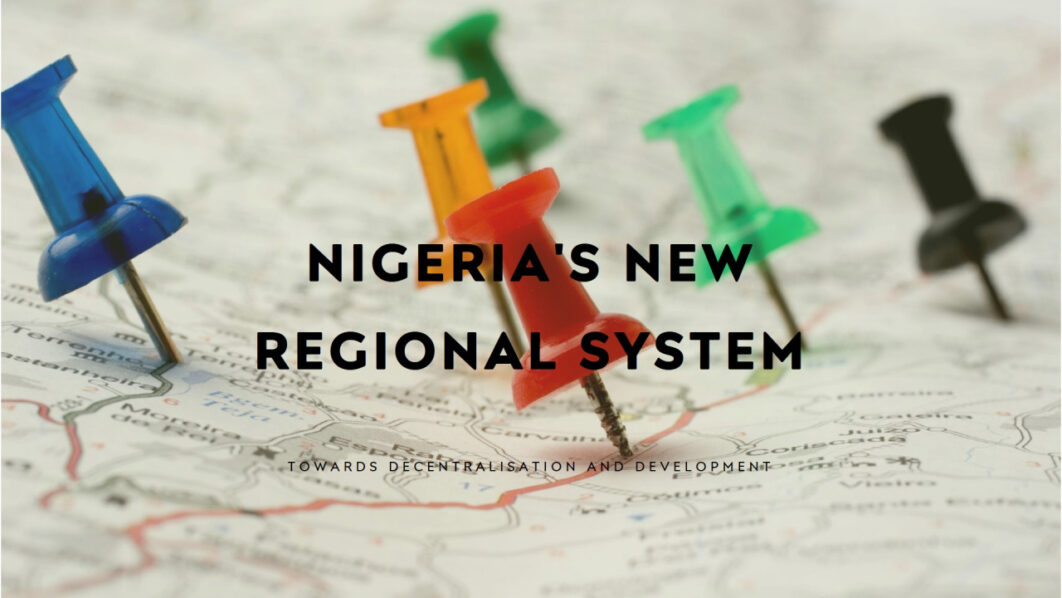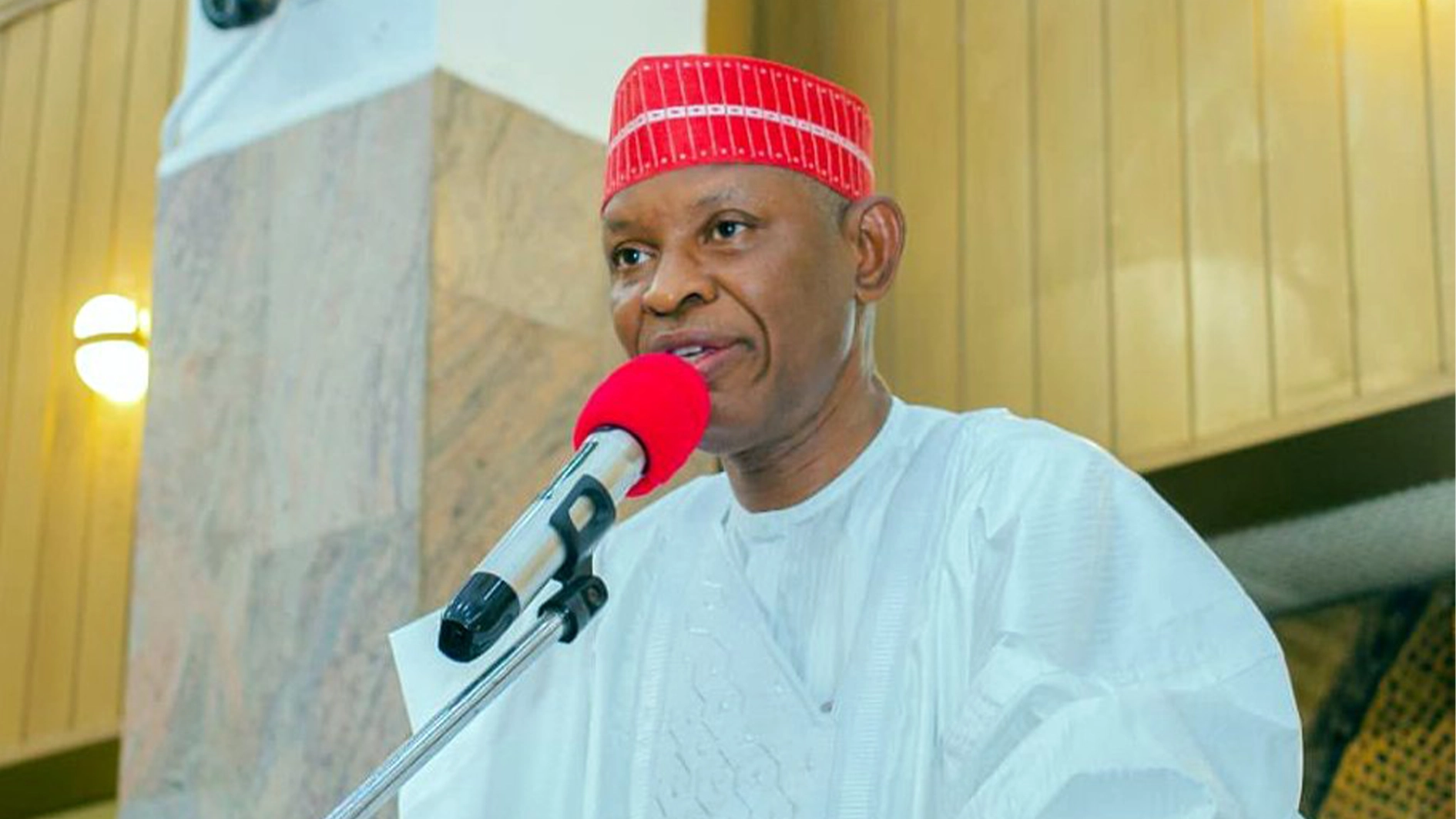
Reduction of ethnic tensions
The ethnic diversity of Nigeria is indeed an asset and a challenge. People often feel marginalised by the overly centralised power of the system, particularly those who believe that their needs still need to be met on a federal level. A regional government system will help to reduce ethnic tensions by providing each region with its own set of affairs, which can be handled independently from the federal government. Each region can provide for its own cultural, religious and linguistic needs.
Economic development and competition
Another essential benefit of regional government is that it could drive economic development based on competition between regions. Under a regionalised system, each government controls resources, competes to attract investments, and sets policies to encourage local economies. It could spur healthy competition between the regions to best each other on issues such as industrialisation, education and infrastructure development.
Better governance and accountability
A responsive government can be closer to the people when it is geographically decentralised, which makes it easier to be accountable. A system of regional governments could take some of the ‘big power’ out of the central state and give local leaders more leeway to respond to local constituents’ priorities. It also means those local leaders might be personally accountable to the people they oversee. Just as local governments are less likely to steal money from their constituents through election-rigging schemes, they can also be held to account for how their budgets are spent.
Preservation of cultural identity
The cultural heterogeneity of Nigeria provides another reason to adopt a regional mode of government: having an organised regional governance system can help conserve and promote the different cultural heritages of a country. This is partly because regions can act as a buffer against tendencies for homogenisation that centralisation of government encourages.
Jeopardising regionally specific norms and practices discourages efforts at cultural self-expression and self-development (examples include the conservation of such virtues as piety towards the aging, respect for the dead and reviewing one’s mortality by regularly visiting grave sites, and interest in traditional music). At the same time, they could focus more on tourism and cultural pride. This would mean more opportunity for regions to cultivate diverse profiles, for one seldom celebrates what one fails to preserve.
Demerits of regional government
Risk of disintegration
While shifting to regional government might foster autonomy, one of the principal dangers would be disintegration. Nigeria’s tenuous unity has been evident since independence, and regional differences have often provoked agitations for secession or greater autonomy. A move to regional government might encourage separatist sentiments and foster an even greater risk of Nigeria’s fracturing.
Uneven development
A major concern with regionalgovernments is the possibility of uneven development. Places rich in natural resources or cabling themselves into a sector that generates high tax revenues, such as industry, can thrive on this basis while others are left behind. The role of the federal system today is to flatten out resource differences between states, where an even distribution between citizens is the goal. The regional government could make inequality worse.
Increased administrative costs
The shift to regional government could boost administration expenses, largely because separate regional governments with respective legislatures, executive branches, and judiciaries are needed because Nigeria is heavily challenged economically.
Potential for corruption
Although decentralisation may, in principle, increase accountability, it could also provide fresh opportunities for corruption: regional leaders could use their new prerogatives for private gain, especially in resource-rich regions. The ‘new money’ can create powerful incentives.
Weakening of national unity
A move towards regional government could also corrode the national solidarity that Nigeria has sought to foster since independence. A unitary system, even dysfunctional, promotes a common national identity and an ethos of interstate collaboration. A regional government system could lead regions to pursue parochial agendas at the expense of national ones.
Conclusion
To sum up, the regional government issue in Nigeria is now topical and crucial to the nation, which has a tough political landscape and needs an effective governance system. While the regional government can have several advantages – including greater regional autonomy, reduced ethnic tensions, economic competition and improved accountability – it can also initiate the beginning of Nigeria’s disintegration. Other risks could be uneven economic development, higher bureaucratic costs and massive corruption.
The big question is whether the regional government will see the collapse of the existing structure of Nigerian states into regions or a four-tier government structure with federal, regional, state and local tiers. If states are merged into regions, Nigerian governance would be more streamlined and less cumbersome – and more susceptible to political explosion, as those in political power and patronage at the state level don’t want to see that compromised. Or the structure of the states could be kept while regions are also introduced. This would be bureaucratically more complicated and require a drain of resources but might be more politically palatable.
The success of any emergent political restructuring in Nigeria lies in its ability to navigate this transition and find a middle ground between regional autonomy and national unity. It requires bricolage: planning amid natural, human, financial, and other constraints, constitutional amendments, and clear demarcation between levels of government is necessary to build robust institutions and ensure that administrative services are not split between regions and levels of governance.
Whether regional government – not one-size-fits-all – can succeed in Nigeria remains an open question. It depends on whether Nigerian leaders and the populace can overcome the challenge of improving the well-being of the country’s thousands of ‘strangers’ and continue to prioritise the common good over regional or ethnic interests. Nigeria must find a path to development and unity and foster a future in which all the regions and all the states truly benefit from living together.
Concluded.
Dr Oluwadele is an Author, Chartered Accountant and Public Policy Scholar based in Canada. He can be reached via: [email protected]






